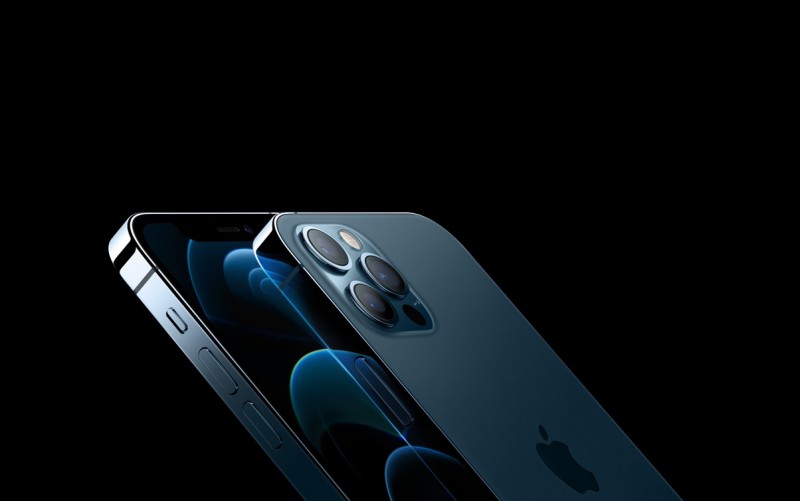
Apple unveiled four new iPhones equipped with technology for use with faster new 5G wireless networks. Apple has one of the most loyal and affluent customer bases in the world, which has many analysts betting the next wave of phones will sell well. The iPhone remains the foundation of Apple's business. Apple boasted about the 5G ability and brought in Verizon CEO Hans Vestberg to champion the carrier's network. 5G is supposed to mean much faster speeds, making it quicker to download movies or games, for instance. But finding those speeds can be a challenge. While telecom operators have been rolling out 5G-networks, significant boosts in speed are still uncommon in much of the world, including the U.S. Thus far, there are no popular new consumer applications that require 5G.
The iPhone models unveiled Tuesday will launch at different times. The iPhone 12 and 12 Pro will be available starting October 23; the Mini and the Pro Max will follow on November 13.
That compresses Apple's window for building up excitement heading into the holiday season.
Updates in the new phones mostly amount to incremental improvements over predecessor iPhones, technology analyst Patrick Moorhead said, referring to 5G capabilities and the camera upgrades on the Pro. But he suggested that if carriers build out their 5G networks fast enough, it could launch a super-cycle in which large numbers of people buy new 5G-capable phones.
The economic strains caused by the global pandemic and accompanying joblessness may restrain that buying impulse, said mobile expert Carolina Milanesi of the firm Creative Strategies.
Although other parts of Apple's business are now growing momentum, the iPhone remains the biggest business of a technology juggernaut currently worth about USD 2 trillion, nearly double its value when stay-at-home orders imposed in the U.S in mid-March plunged the economy into a deep recession.
Vivo V20 Pro to launch in India by end of next month